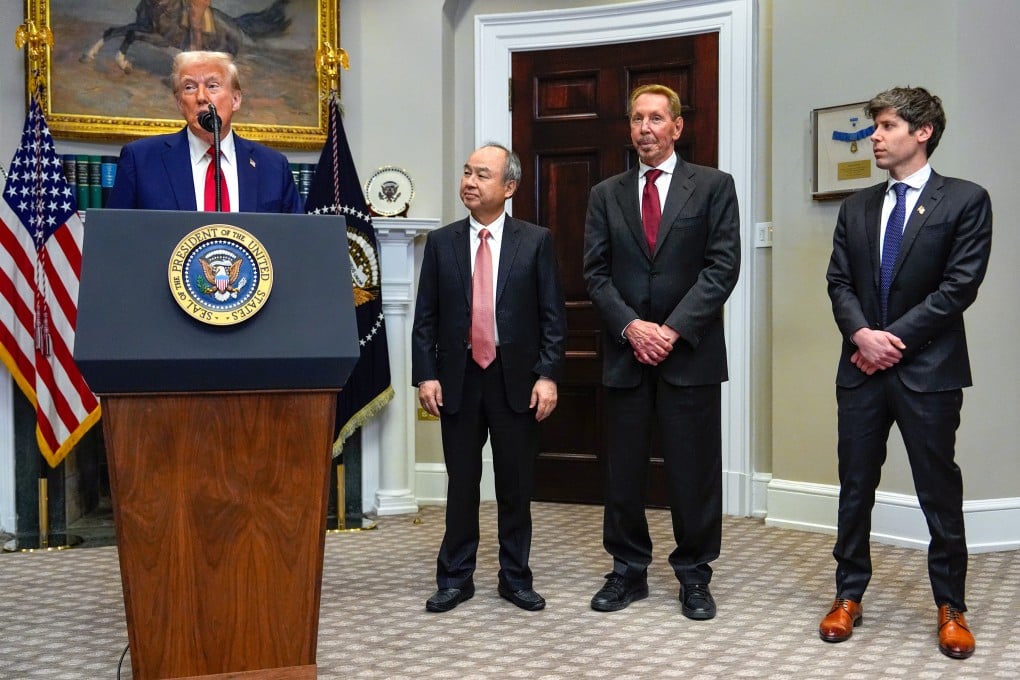Opinion | From Trump to tech titans, geopolitical traps await Southeast Asia
The US-China tech war and politicisation of tech firms are narrowing options for wary regional players

As Donald Trump settles back into the White House for a second term and the rest of the world readies itself for a reprisal of US threats and transactionalism, Southeast Asia has been put on notice where it stands with Washington.
There is always a danger of reading too much into statements this early into a change of administration. But, as Rubio has repeatedly made clear, US foreign policy will be guided by three imperatives: to make America safer, stronger and more prosperous. “Placing the interest of America and Americans above all else has never been more relevant or more necessary than it is right now,” he said.
As many in Southeast Asia are acutely aware, the US prioritising its interests even at the expense of others’ is not new. Washington has simply been adept at projecting imperium through different filters. Under the Barack Obama and Joe Biden administrations, there was at least outreach to persuade Southeast Asian countries to align their converging interests with America’s, even if those efforts ultimately proved futile.

